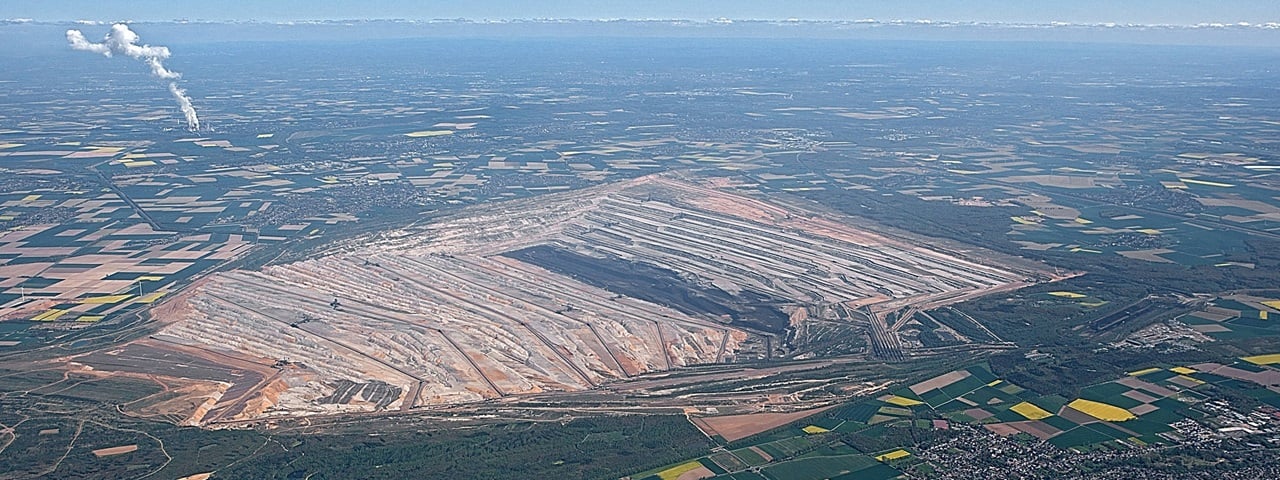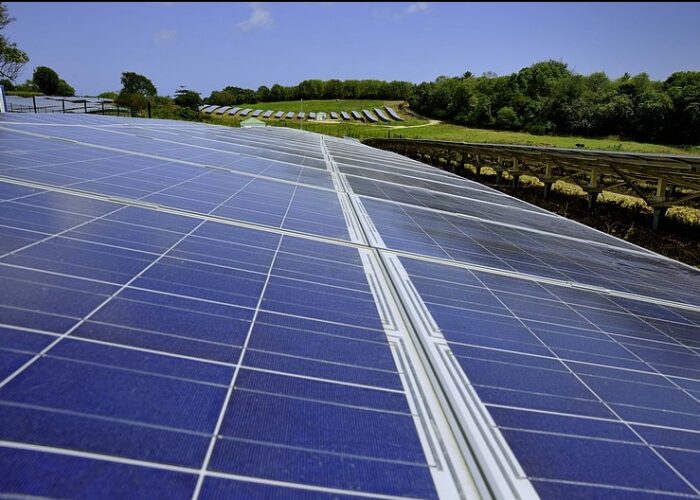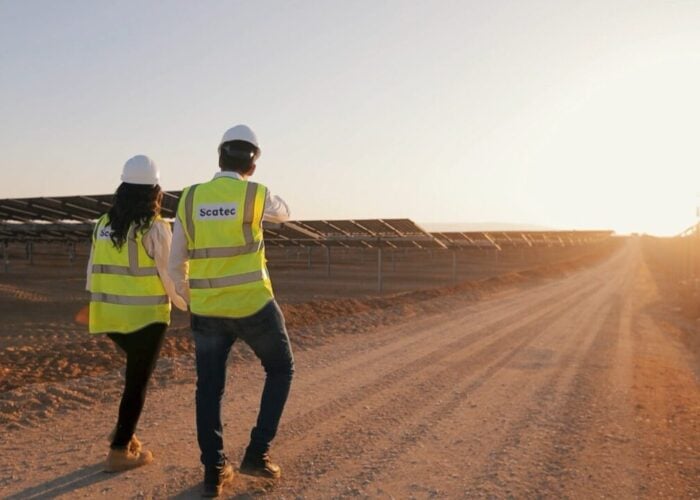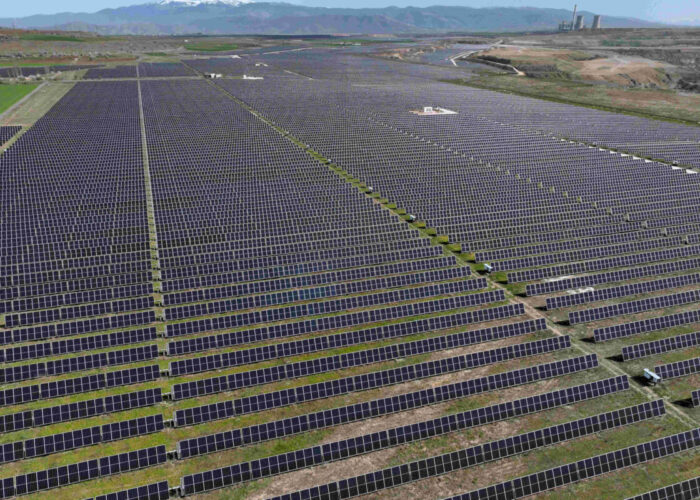
Leading energy majors have joined the list of firms facing a cut-off from the world’s largest sovereign fund, who is now acting to shed stakes in businesses profiting from thermal coal.
Last week, Norway’s Government Pension Fund Global (GPFG) acted to ban RWE AG, Sasol Ltd, Glencore PLC, AGL Energy Ltd and Anglo American PLC over their exposure to the fossil fuel, whilst placing Enel SpA and Vistra Energy Corp under “observation” for the same reason.
Unlock unlimited access for 12 whole months of distinctive global analysis
Photovoltaics International is now included.
- Regular insight and analysis of the industry’s biggest developments
- In-depth interviews with the industry’s leading figures
- Unlimited digital access to the PV Tech Power journal catalogue
- Unlimited digital access to the Photovoltaics International journal catalogue
- Access to more than 1,000 technical papers
- Discounts on Solar Media’s portfolio of events, in-person and virtual
GPFG – a fund sitting on NOK10.18 trillion (US$998 billion) at the time of writing – targeted these energy firms after concluding they meet two of its exclusion criteria (see below), whether by owning a >10GW fleet of thermal coal plants or mining more than 20 million tonnes every year.
For those listed, losing GPFG’s financial support may carry significant implications. As of 2019, the Norwegian fund – drawing its revenues from the country’s oil reserves – owned US$1.7 billion of Enel shares (a 2.13% share) and a further US$114 million in RWE stock (a 0.6% stake).
For RWE, the exclusion from the world’s largest sovereign fund comes as the firm looks to deploy 4GW of green energy over the next three years, part of a plan to become carbon neutral by 2040. As of late 2019, the firm owned 10.2GW of installed lignite coal and 3.9GW of hard coal.
Now under GPFG’s “observation”, Enel’s portfolio lies in a similar situation. The group is working to add a fresh 14.1GW of green energy capacity by 2022 but continues to own a major pool of non-renewables, including coal (11.7GW) and oil and gas (12.2GW).
The trillion dollar question: How much coal is too much for GPFG?
These are the key criteria the Norwegian fund uses as it decides whether to exclude a coal-reliant firm (c and d are the specific subsections that motivated GPFG's move against RWE, Enel and the others)
(2) Observation or exclusion may be decided for mining companies and power producers which themselves or through entities they control:
a) derive 30 per cent or more of their income from thermal coal,
b) base 30 per cent or more of their operations on thermal coal,
c) extract more than 20 million tonnes of thermal coal per year, or
d) have a coal power capacity of more than 10 000 MW from thermal coal
Source: Guidelines for observation and exclusion from the Government Pension Fund Global
Coal no longer acceptable for fund eyeing renewables
The GPFG said it had decided to blacklist RWE and the other coal-reliant firms last September even if was only announcing it now. “The market situation, including the liquidity of individual shares, has meant that it has taken a long time to sell the shares in a reasonable manner,” the fund said.
In statements echoed by Reuters, RWE chief financial officer Markus Krebber said he was “disappointed” by the criteria the Norwegian fund had used to withdraw its support. The executive appeared to play down the long-term implications of GPFG’s move, however.
Krebber, Reuters reported, described the fund’s decision as “questionable” but said there had been no impact on RWE’s shares. Speaking to journalists, the CFO went on to add that he did not expect other investors to follow suit and divest their RWE shares in a similar manner.
GPFG’s coal concerns are part of a climate-minded shift the Norwegian fund undertook last year. Last April, news first emerged of its plan to alter its investment remit to be able to back renewables and other unlisted infrastructure projects, off-limits prior to that point.
In March 2020, a fund spokesperson confirmed to PV Tech reports that CEO Yngve Slyngstad – CEO since 2008 but set to step down this year – would relocate to London to lead the new green push, with plans to inject 100 billion Norwegian crowns (US$10.7 billion) by 2022.
As a separate GPFG announcement showed this week, the Norwegian fund can revoke a firm’s exclusion when it deems the track record has improved. Barred in 2018 over the production of nuclear weapons, AECOM will no longer be blacklisted as those activities have stopped, the fund said.






